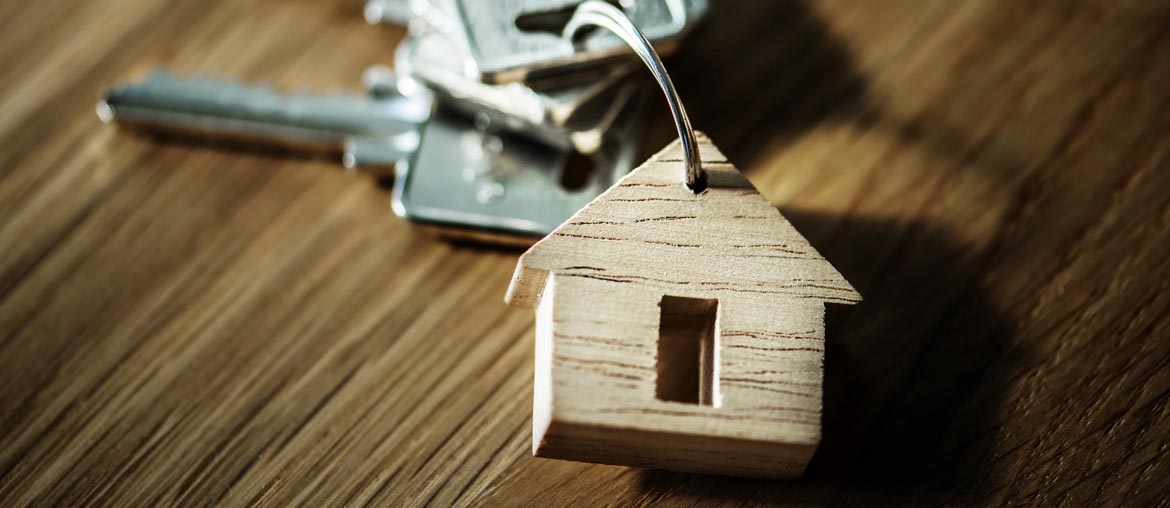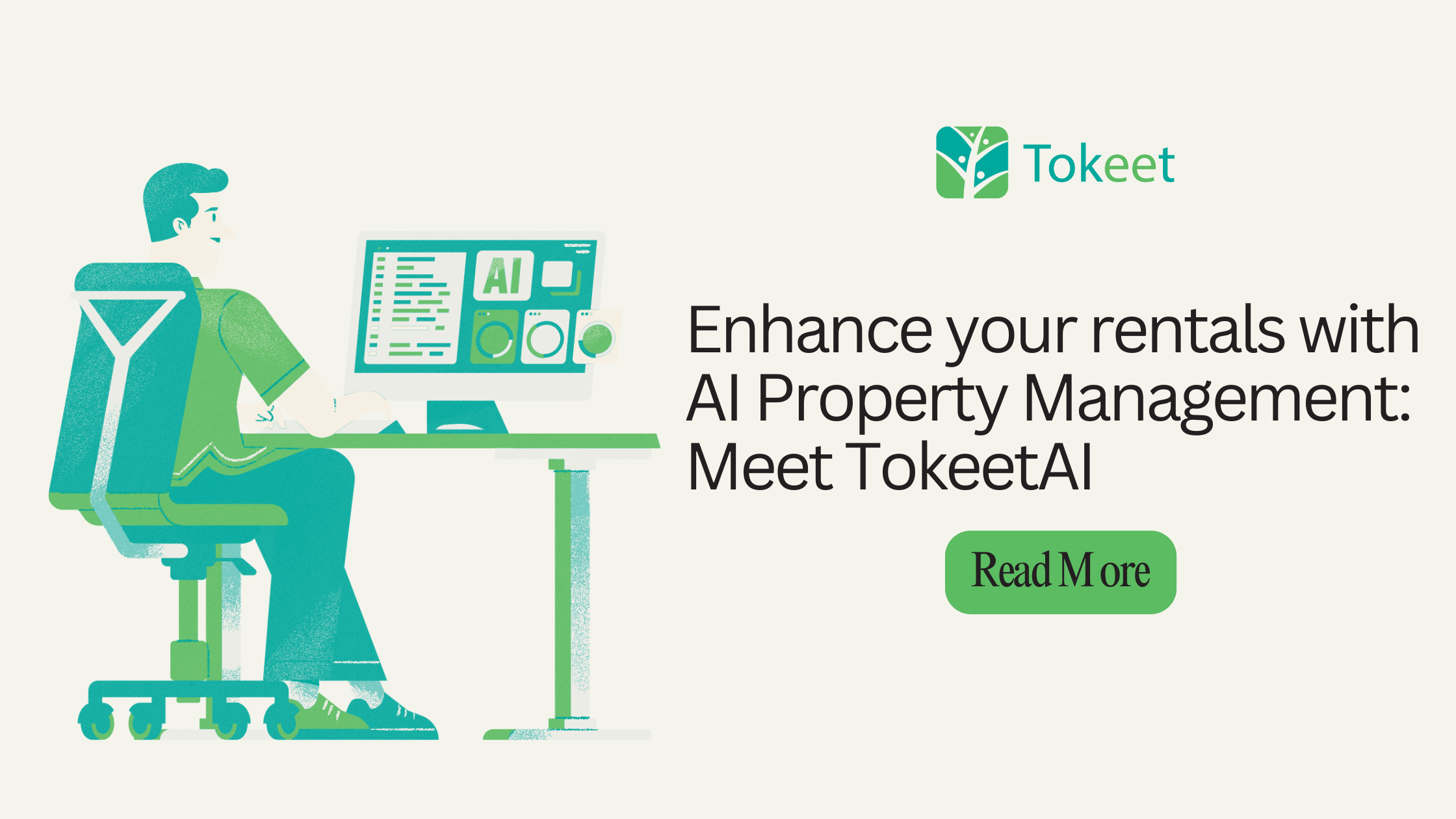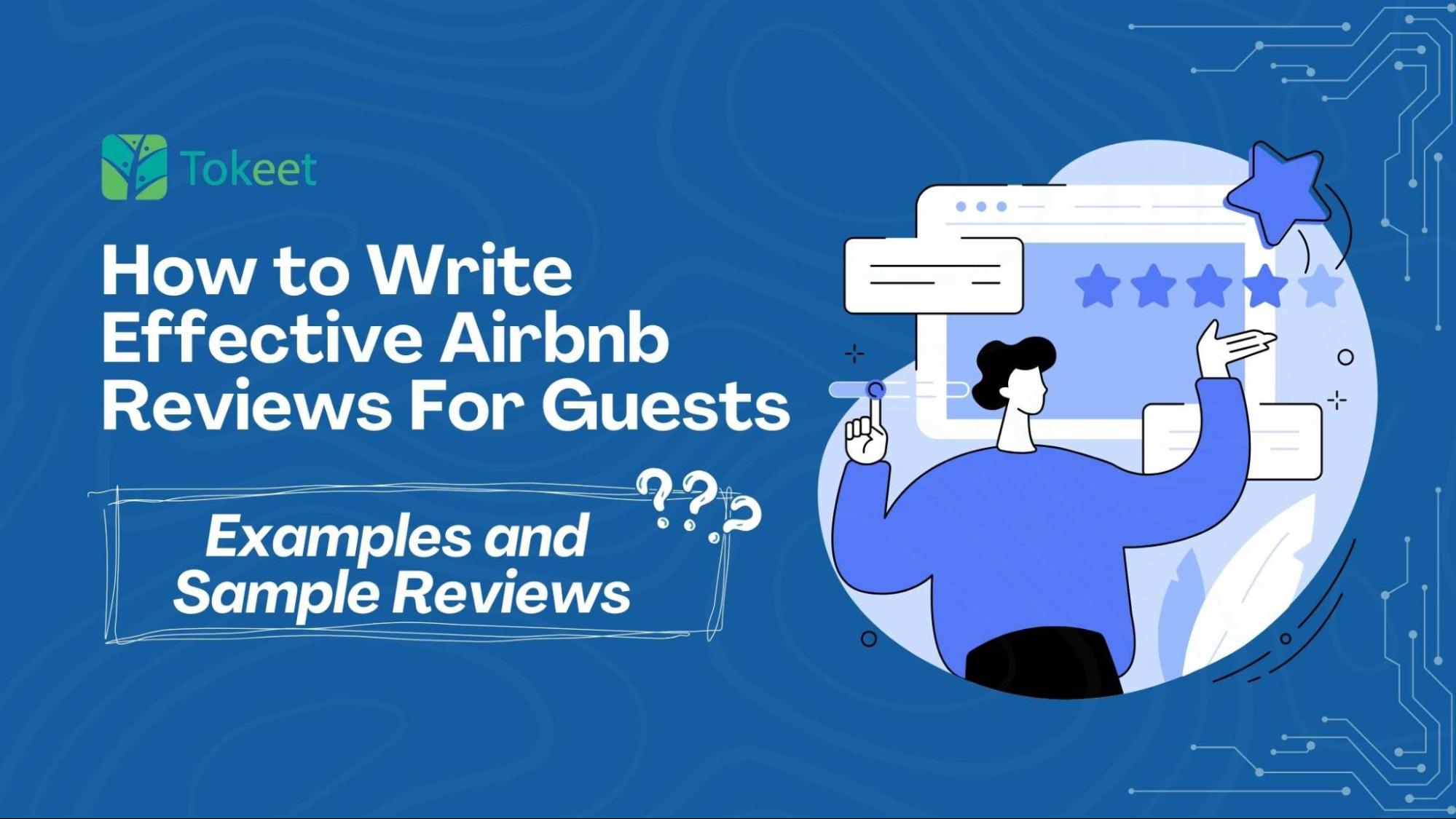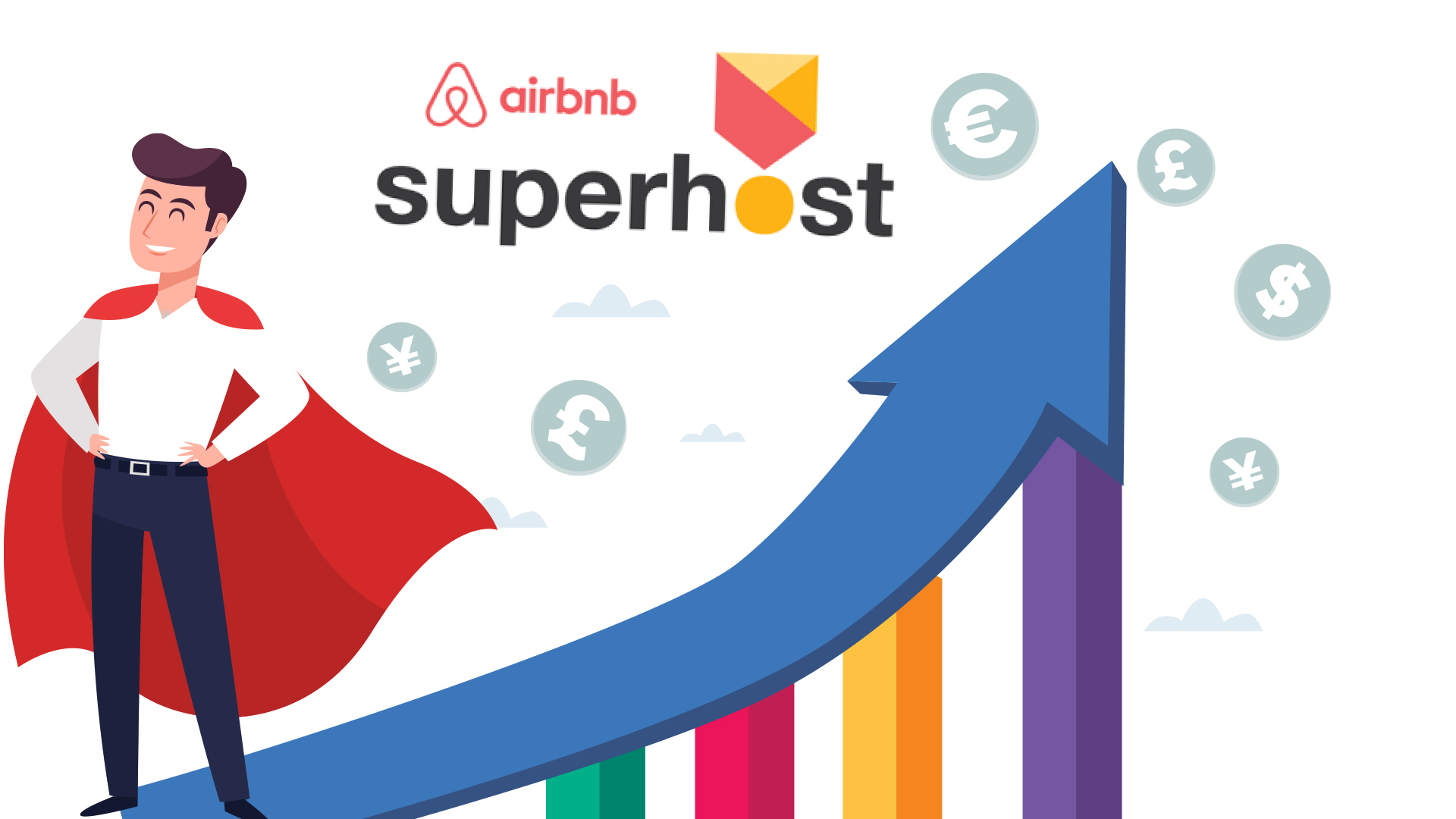For anyone considering getting into the vacation property management business, the idea can be pretty daunting if you’re inexperienced. The appeal, however, is through the roof – from an outside perspective, it looks like easy money. It’s not manual labor, and it’s not a desk job, so it’s new and exciting ground for most. And for the most part, they’re right. Property management can be extremely lucrative and rewarding if you approach it correctly.
You may be a single homeowner looking to rent out a single room to help with the mortgage payments. Or, you could own multiple properties in different locations that you’d like to start turning a profit from. Property management means different things to different people: financial freedom, career path, nest egg, security, or just a little help at the end of the month. Whatever your reasons are, there’s a path you can take with confidence to achieve your goals.
We’re not going to try to deter you from diving in with horror stories. Nor with warnings about how it’s the hardest job in the world. Instead, we’ll just get you fully prepared to help you avoid the common pitfalls that have derailed many others before. This guide will walk you through some important steps to take as you’re gearing up to start taking bookings.
So without further adieu, we present you with 5 initial steps you can take to ensure your success:
I. Get Organized
Your vacation rental business needs a plan
Having a plan of attack is a no-brainer. You’ve probably already started forming one if you’re considering renting out your property now. But for first-timers, there’s a whole lot more to consider than just rental rates and extra bed sheets.
You need to anticipate the needs of your customers and your rental property’s neighbors. You need to consider maintenance pricing & availability, and increased utility overhead costs. You’ll need to organize and account for repair and construction/installation costs in preparation of your rental property. And, most importantly, you’ll need to make an honest assessment of your ability to manage operations in person.
That’s a lot of stuff to work out – is all of it 100% necessary to get rolling? Probably not, but it’ll likely drive you crazy if you leave it until it is necessary. Getting this stuff taken care of at the outset is guaranteed to make your life easier in the near future. Let’s just make a checklist of the key points your plan should contain:
Initial Expenses
Here’s a quick checklist to help you start calculating your needs:
- Up to code (fire safety standards).
- No ‘deal-breaker’ detractors (structural issues, constant noise, etc).
- All utilities up and running.
- Contains all the features and amenities needed for a comfortable stay.
- Tasteful, clean furnishings all provided.
- Emergency repair & maintenance fund.
Set some money aside to ensure your property doesn’t have too much downtime. If you’ve got paint peeling off of your walls, water damage on the bedroom ceiling, a quirky lock on the front door, or anything else that could get in the way of your guests having a perfect experience – you should get it fixed before you start listing.
Revenue & Expenditures
Here’s some questions you need to research in order to make an educated guess for your property’s profitability:
- What are similar properties in your area charging per night/week/month?
- How many nights per month are these places booked?
- Will you be able to charge more for stays during holidays or preferable seasons?
- Do you have any features/amenities that’d warrant a higher rental price?
Now let’s take a look at some of the ongoing vacation rental property fees you can expect:
- Utilities – water, electric, gas, etc.
- Continuous service charges – (ex; internet, cable television).
- Maintenance costs – lawn care, house cleaning, pool servicing, etc.
- Taxes and property payments (if you are subletting or still making mortgage payments).
Make an exhaustive list of everything and then subtract your monthly expenditures from your projected monthly revenue. Now you’ll have a good idea of just how much you’re likely to profit from this operation.
Rental Property Management Responsibilities
You’re not ready to start taking bookings until you’re confident you can handle all of the aforementioned. That includes startup costs/preparation, utilities, maintenance, and continuous services. You’re obviously going to have a lot of bills to deal with in the start – but have you also considered the work that comes with dealing with guests directly?
For the most part, guests will come and go without a hitch. Regardless, you’ll to have to make yourself available for guest communication and coordinating any unscheduled services. Answering a phone call from a guest who wants to know where you keep the clothes iron might be the difference between a good review and a bad review. It seems silly and tedious, but this is the nature of the business. Likewise, questions from prospective guests can be the difference between booking a stay and losing a customer.
Luckily, there are ways to consolidate all of these bills and communications. There are plenty of software solutions out there for managing bills (such as Quickbooks) and keeping track of your income & expenses. There’s also the option of using a rental property management software solution – which will be discussed a little further down the page (Step III).
II. Make Your Property Perfect
There’s a lot of competition to outshine
This is something you are going to hear over and over again: competition in the vacation rental business is fierce. Some people take that as a deterrent and decide to just do things their way without a care for industry standards and competitor research. We’re not those people though, are we? Here’s a few ways you can make your property more attractive:
Amenities
One way to beat out the competition is to search for similar rental properties in your area and take notes. Look at the average pricing, amenities, nearby attractions, services, etc. This is so you can one-up them wherever possible. They have a washing machine? You have a washer/dryer combo. They have clean towels? You have towels, blankets, shampoo & conditioner, and mouthwash. If you can match or exceed the typical set of amenities and features set by the rental properties in your area, you’re going to do just fine. As long as you can keep your prices competitive too. Obviously, if you keep piling things on, your profit margins will start shrinking – exercise some restraint, choose your battles wisely.
Does this sound like a soulless attempt to scratch your way to the top of the search results on Airbnb? That’s because it is. But it can make a positive impact on your bookings, so why not? There are plenty of more thoughtful ways to make your property more appealing below.
Facilities
Each potential guest that comes across your listing has their own set of wants and needs. If you can go the extra mile to make everyone feel welcome, your place will become more than just a list of amenities. The best way to do this is to cast a wide net…in other words, be as accommodating as possible.
That sounds like what we just did with the amenities, but there’s a distinction here. While amenities can be described as the features that provide comfort, the facilities are functional things like equipment or space that may not necessarily be a comfort or luxury.
Some good examples of facilities: swimming pools, private parking, wheelchair access, private access, gyms, gardens, parks, etc. Some of this stuff sounds expensive, but a lot is achievable by re-purposing unused rooms and space. Most of it can potentially add to your property’s resale value.
Something to consider: many facilities are available publicly. A private pool on your property is great, but what about a public pool across the street? There’s still a lot of appeal there, and you’d be foolish not to mention it in your ad. If there’s a park just a couple blocks away with a jogging path, that better go in your advertisement too.
Get familiar with your property’s neighborhood and what residents have access to and you’ll find some great selling points. Anything outside of walking distance may be pushing it though. This also brings us to the next point…
Attractions
After you’ve taken note of the facilities in your immediate neighborhood, see what kind of tourist attractions are around. If your property is in a big city, there’s probably plenty of museums and art galleries within a mile radius. If your rental property is in a small mountain town with a single attraction being the old coal mine, let people know that the tour center is just down the road. This is the kind of stuff residents may take for granted, but it’s exactly what a tourist is looking for.
Try to get a nice varied list of tourist attractions and conveniences in your area. Don’t advertise fifty different art galleries and forget about the theater and the quaint beachside promenade.
Décor
Next up: the furnishings. No sofa in the communal area? No forks and knives in the kitchen? Not enough cupboard shelves for the dishes? You’d better make a list of every item you’d want to have available to yourself if you were staying there for the duration of your vacation. Simple oversights like these are going to inconvenience your guests. Don’t lower your ratings before you even open your doors.
Before you put any furniture in your house though…please look around for some home décor ideas for inspiration. Pinterest is a great place to start, or sites like Good Housekeeping.
When in doubt, a quick Google search for “home décor ideas” will take you far. Most of the sites will be trying to sell you their product lines – but that doesn’t mean you can’t pick and choose their styles and look elsewhere for them.
If all this confuses you, go for mass-appeal. As a general rule of thumb, aiming for light and spacious decoration will satisfy most expectations. Just don’t put your crusty leather couch from your man-cave in your rental property’s living room. What works for you doesn’t work for everyone else.
Imagery
The vacation rental business is one that relies HEAVILY on customer reviews. Appearances are everything when you’re advertising your property online. If you don’t own a fancy DSLR camera, you should plan to pay for some professional photos of your property. The images your customers see online are usually the deciding factor in their choice to book a stay or not. It’s worth the investment. Can’t stress that enough. Get good photos.
III. Have A Base of Operation
Rental property management software is essential
If you’ve been following along, you should have a beautiful house that’s ready to start taking bookings. Before you start listing though, there’s an important piece that’ll help you keep it all together: property management software options.
There are quite a few products around that’ll fit this general description, but Tokeet is by far the most advanced. For the purpose of this article, we’ll just delve into the most important feature: synchronizing all of your properties & listings.
If you have a single property listed on just two booking sites (Airbnb and Booking.com, for example), you’ll constantly have to update your listings to reflect availability when a booking is made. You’ll also have two invoicing systems, two different lines of communication, and so on. Now imagine if you added another property and another listing channel – the amount of stuff you have to keep up with increases exponentially.
Tokeet allows you manage and update all of your property listings and channels, send invoices, communicate with guests, and answer inquiries from a single, central location. Your entire job is conveniently consolidated. If you have plans to run a single property on one listing channel, you may be happy that – but if you’re like most people and want to increase your bookings and scale up your business, it’s best to get a rental property management system in place from the start.
IV. Choose Your Channels
There’s a lot of places to list your property
Your listing channels are going to be your main source of revenue. Of course you can take bookings directly, but most of your potential clients are already using popular sites like these:
| Name | URL | |
| 1 | Airbnb | https://www.airbnb.com/ |
| 2 | Booking.com | https://www.booking.com/ |
| 3 | Expedia | https://www.expedia.com/ |
| 4 | tripadvisor | https://www.tripadvisor.com/ |
| 5 | HomeAway | https://www.homeaway.com/ |
| 6 | holidaylettings | https://www.holidaylettings.com/ |
| 7 | Wimdu | https://www.wimdu.com/ |
| 8 | House Trip | https://www.housetrip.com/ |
| 9 | FlipKey | https://www.flipkey.com/ |
| 10 | Agoda | https://www.agoda.com/ |
The more channels you have your property listed on, the more bookings you’re going to have.
V. Make a Website
Showcase your properties and reach more people
Having a website for your rental property serves a number of purposes. Let’s just take a brief look at some of the most important ones:
No Restrictions – Potential guests will see everything you want them to!
Having your own rental property website is going to give you the opportunity to showcase your house or apartment in a way that listing channels can’t provide. You’ll be able to show your potential guests high-resolution imagery and in-depth descriptions of the property, amenities, and surroundings without limitations. In contrast, all of the various listing channels you’ll be putting your property on come with different restrictions on imagery on descriptive content.
No Competition – Potential guests will not be tempted to choose a competitor
You’ll also have the opportunity to present your properties alone – listing channels are obligated to give customers plenty of options, so whenever someone sees your property, they’re most definitely seeing your competitors’ properties too.
More Visibility – Your property will have a better chance of appearing in search results
Having a vacation rental property website also allows you to be seen by more people. You’ll be able to pick up customers directly through search engines if your house fits their descriptions (you’ll want to do a little research on something called SEO). You’ll also be able to advertise your properties and direct customers to a simple web address that belongs to you, rather than a lengthy property listing address that has trouble fitting on a single page. It’s worth noting that if you plan on using advertising platforms like Google AdWords, you cannot use your listing channels as landing pages as it violates their terms of service.
Professional Presentation – Give your business a home of its own
Having your own website also comes with another perk: you can put it on a business card and present yourself in a professional manner to potential guests you may come across in your daily travels.
Thanks to your rental property management software, you can make your own!
Of course, for those of us who are not technologically oriented, building a professional website from scratch is out of the question. That’s ok though, because Tokeet can help you out in that department too.
The Tokeet Website Builder makes it possible for you to create a beautiful website that’s fully synchronized to your connected listing channels and ready to take bookings with just a few clicks. To further simplify the process, the site comes out of the box completely search engine optimized and mobile-friendly. You even have the option of providing your own custom domain name to fully brand your property site.
And there you have it – 5 steps to ensuring your success in the vacation rental property business. Not all of them are easy, but once you get through them all, things will most definitely get easier!





